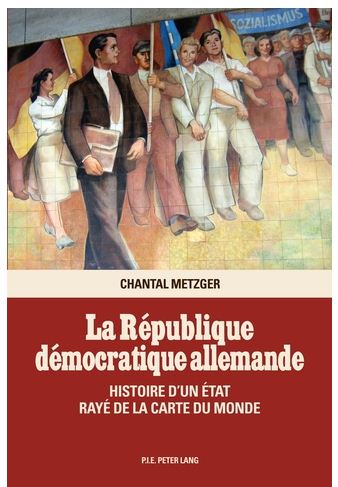Russia’s aggression against Ukraine has revitalized a re-exploration and rediscovery of the socialist past among the youngest generations. The current turmoil in Eastern Europe has taken its toll on the Southeast European societies, showing how specific legacies play a significant role in the political landscape. Memories of socialism are currently being re-discussed, shedding light on new nuances and distinctions of historical knowledge across generations. Moreover, phenomena of nostalgia and amnesia seem in transition toward a new stage of self-examination and reconfiguration vis-à-vis the ongoing (geo)political scenario.
Given this token, the Balkans History Association is preparing a volume dedicated to studying genealogies, knowledge transfers, and negotiation of memories of socialism to the youngest generations of Southeast Europe. Looking at the “generations after” socialism, authors are invited to (re)consider the viability of the paradigm and scholarship of post-memory studies in the region vis-à-vis Russia’s war against Ukraine. Chapter proposals could include issues and discussions over oral histories, memories, and reinterpretations of the socialist past. Ideally, authors could tackle the transnational significance of post-memories of socialism among minority groups and (counter)diaspora, citizens living in marginal or rural areas, (un)verbalised and silenced memories of traumas and intimate stories. The dialogue between post-socialism and post-memory is highly welcomed for producing a collected volume that aims to advance state-of-the-art research in the interdisciplinary field of memory studies.
Submission procedure
The volume will be published by Peter Lang (in the series “South-East European History”). Original manuscripts should be prepared following the editorial guide of Peter Lang available on its website, especially “Style Guidelines – British English” and “Submission Guidelines“. Manuscripts must not have been published, submitted for publication or available on the internet elsewhere. Interdisciplinary work is particularly welcome. Please submit your proposal, including the title of your manuscript, an abstract (up to 300 words), and an author’s biography (up to 100 words) to all editors. The abstract should include the research question and purpose, the approach and main ideas, and results. No figures, tables, footnotes, or endnotes should be included in the abstract. Articles should not exceed 8,000 words in length including footnotes and references (reference list or bibliography).
Deadlines
November 1, 2022: Submission of the proposals to editors
December 1, 2022: Notification of accepted proposals
February 1, 2023: Receipt of final papers for peer-review
March 31, 2023: Revised chapters re-submitted to editors
Editors
Francesco Trupia (Nicolaus Copernicus University, Torun), trupia.francesco90@gmail.com
Emilie Fort (Balkan History Association), emilie.fort09@outlook.com
Elena Tilovska-Kechedji (University St. Kliment Ohridski, Bitola), Elena-Tilovska-Kechegi@hotmail.com
Artan Hoxha (Institute of History in Tirana), artan.r.hoxha@gmail.com
Jasna Dragović-Soso (Goldsmiths, University of London), J.Dragovic-Soso@gold.ac.uk













